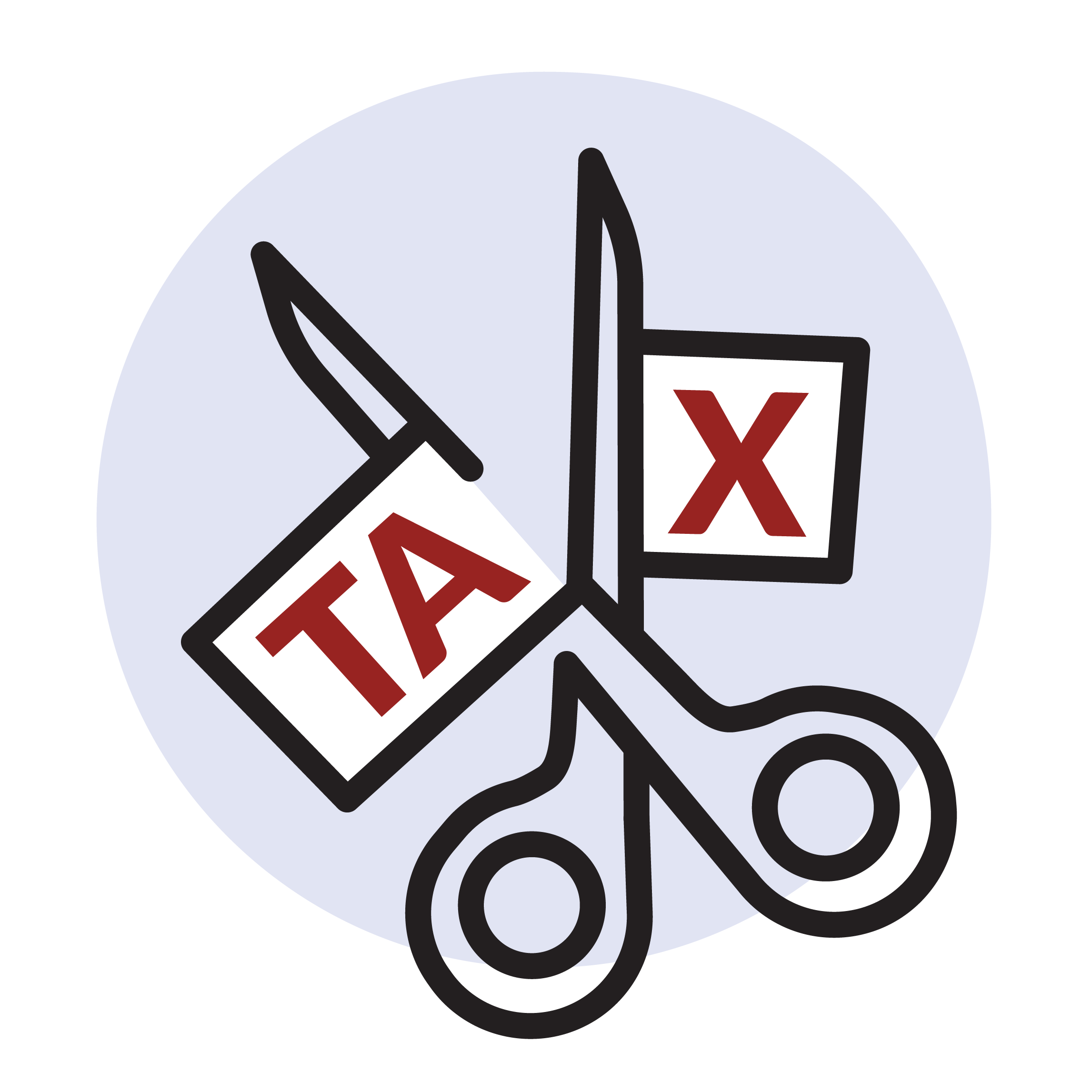 In a move that could bring relief to thousands of state residents, lawmakers from both sides of the aisle are working to repeal Missouri’s pink tax on feminine hygiene products and diapers.
In a move that could bring relief to thousands of state residents, lawmakers from both sides of the aisle are working to repeal Missouri’s pink tax on feminine hygiene products and diapers.
Missouri currently taxes these essential items as “tangible personal property” at a rate of 4.225%, which critics argue is unfair and discriminatory. If passed, Missouri will join 34 other states that have gotten rid of similar “pink” taxes.
Feminine hygiene products and diapers are not luxuries. They are necessities that every woman and family needs.
Women need feminine hygiene products to manage menstruation, and babies, of course, need diapers to stay clean and healthy. Taxing these products as luxuries is not only unfair, but it can also create a financial hardship for low-income families.
A 2021 study found that one in six women between the ages of 12 and 44 in Missouri are likely to struggle to purchase feminine hygiene products. And a study on diaper needs in the state found that 88% of families receiving diapers from a diaper bank are working and still cannot afford an adequate supply.
The high cost of these products can have a negative impact on people’s health and well-being. Lacking enough feminine hygiene products can lead to urinary tract infections, skin infections, and even toxic shock syndrome. Not having enough diapers can force parents to reuse diapers, increasing the risk of diaper rash and other health problems.
The “Pink Tax” is Unfair and Discriminatory
The term “pink tax” refers to the phenomenon of products marketed to women being more expensive than those marketed to men. For example, a study in New York City found that women’s razors are priced 11% higher than men’s razors. The same study found helmets branded for little girls (i.e., pink unicorns) were 13% more expensive than the same helmets branded for little boys (i.e., blue sharks).
The pink tax on diapers and feminine hygiene products has a particularly negative impact on low-income women and families. These families are already struggling to make ends meet, and the added cost of feminine hygiene products and diapers can make it difficult to afford other necessities.
In some cases, the pink tax can even force women to choose between buying food or buying period products. A 2019 study found that one in ten low-income U.S. women has missed work or school because they could not afford feminine hygiene products.
The pink tax is unfair and discriminatory. It places an additional financial burden on women and reinforces the harmful stereotype that women’s needs are “extra”.
The Takeaway
Repealing the sales tax on feminine hygiene products and diapers would make these essential items more affordable for everyone. It would also send a message that Missouri values the health and well-being of its women and children.
A number of bills pending in the Missouri Legislature would address the “pink tax” on period products and diapers. Some bills would exempt these items from sales tax altogether, while others would reduce the sales tax rate.
Lawmakers are expected to take up these bills in the coming months. Contact your legislator and urge them to support the repeal of the sales tax on feminine hygiene products and diapers!






















